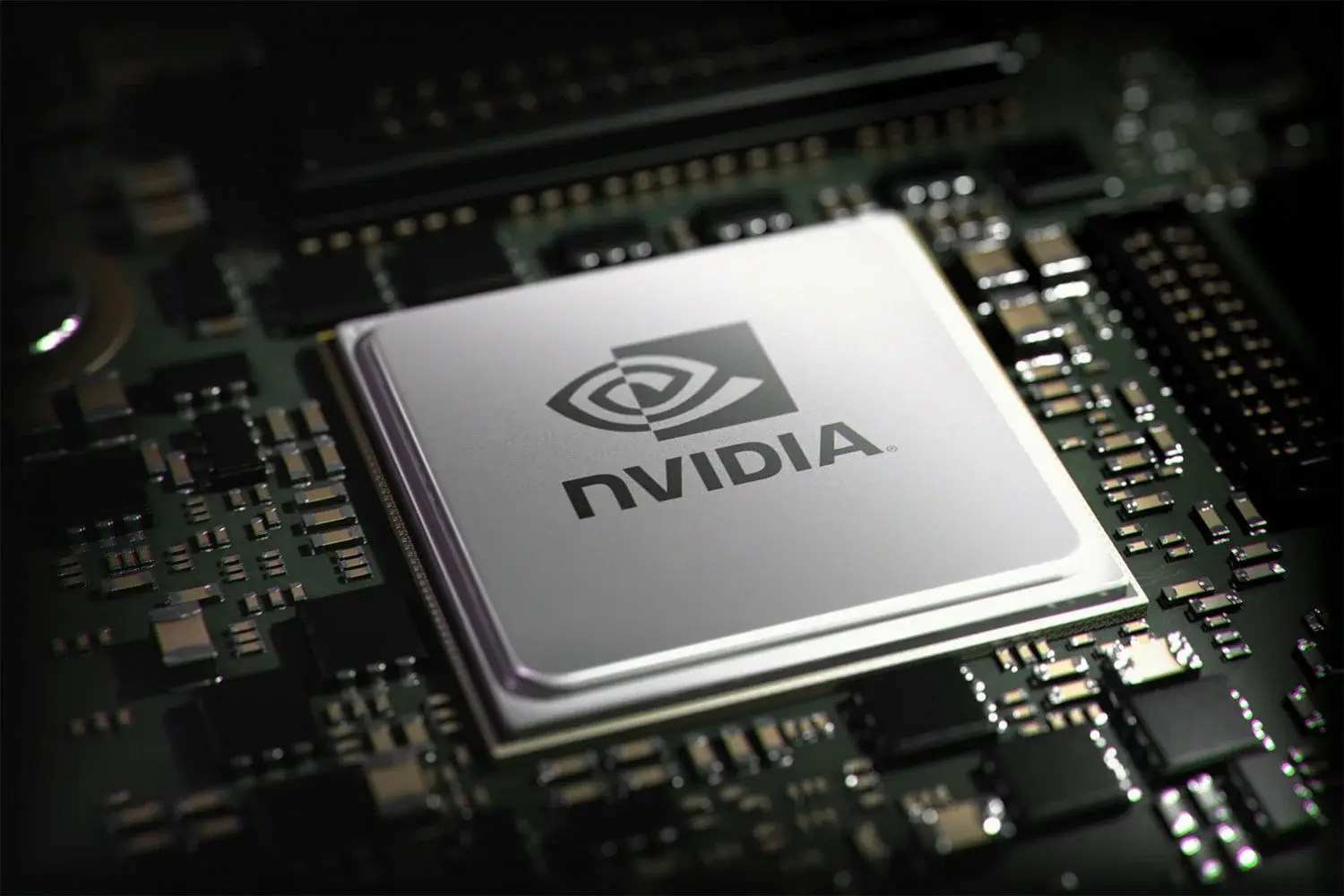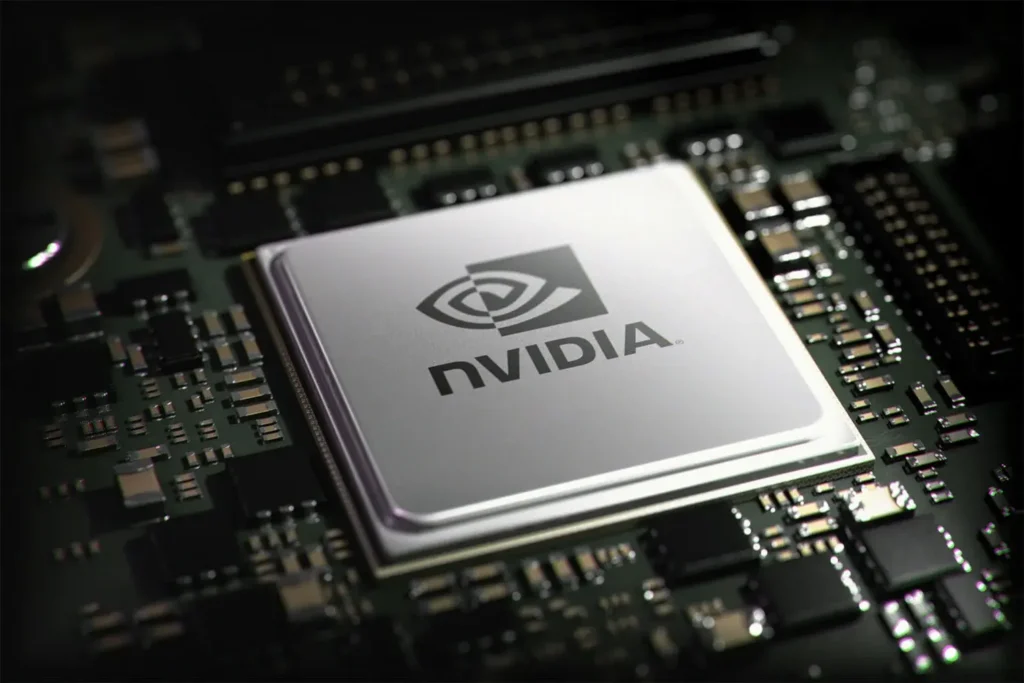The tech-heavy Nasdaq has hit a two-week low, with Nvidia and ASML crashing 4-8% from their all-time highs due to the outlook of tighter US trade curbs.

Nvidia dropped by more than four percent, and ASML Holding NV plummeted eight percent, despite the Dutch company reporting strong orders in the second quarter.
US technology and semiconductor chip stocks fell from their all-time highs on Wednesday, July 17, due to concerns over stricter restrictions on global chip sales to China, leading to a stock rout. The tech-heavy Nasdaq dropped nearly two percent, hitting a two-week low, with the S&P 500 also seeing losses. Major chip and tech stocks faced pressure from the potential sanctions on companies providing China with advanced semiconductor technology.
The $24 billion VanEck Semiconductor exchange-traded fund lost four percent. AI-chipmaker Nvidia Corp. fell by 4.3 percent, while Advanced Micro Devices Inc. and Broadcom Inc. also tumbled. ASML Holding NV’s US-listed shares sank 9.2 percent, despite the Dutch company reporting strong orders in the second quarter of 2024. US-listed shares of Taiwan Semiconductor Manufacturing dropped 6.4 percent after Republican presidential candidate Donald Trump stated that Taiwan should pay the US for its defense. Marvell Technology, Broadcom, Qualcomm, Micron Technology, Advanced Micro Devices, and Arm Holdings all fell over five percent each.

All the “Magnificent Seven” megacap stocks, including Apple, Microsoft, Meta Platforms, and Tesla, slumped, with declines between 1.2 percent and 2.7 percent. The S&P 500 tech index led sectoral losses with a 2.7 percent decline, while energy was the top gainer, up 1.3 percent. The small-cap Russell 2000 index also lost 0.2 percent after a nearly 12 percent rally over the last five sessions. Wall Street’s fear gauge briefly reached its highest level in six weeks. However, the blue-chip Dow held some ground, with Johnson & Johnson rising 2.7 percent after beating second-quarter results and Intel gaining three percent, bucking the chip sector’s decline.
US Tech Stocks Crash: What Should Investors Do?
Global markets are extremely sensitive to disruptions in the semiconductor supply chain. The recent tech slump follows a strong first half where mega caps like Nvidia, Microsoft, and Alphabet drove the market higher, stretching their valuations and creating a more challenging outlook for the rest of 2024. Citigroup Inc. analysts recently suggested that investors take profits in some high-flying AI stocks and “re-balance toward a broader array of AI stocks across the value chain.” Following a significant rally in tech companies since late 2023, investors are now shifting away from pricey megacaps and moving into underperforming market sectors.
“Investors are concerned about the potential long-term effects on corporate earnings, especially in tech-heavy sectors like consumer electronics, automotive, and industrial automation,” said Nigel Green, CEO of the independent financial advisory firm deVere Group. Tech companies, which rely heavily on semiconductors, could see their profit margins squeezed by rising input costs. This could result in lower stock prices and increased market volatility, as investors seek safer assets like bonds and gold, further amplifying market fluctuations.
Given these uncertainties, investors should take proactive steps to manage risks. Diversification remains crucial; spreading investments across different asset classes and geographic regions can help mitigate sector-specific risks. Investing in companies with strong balance sheets and robust supply chain management can provide protection against market turbulence.
“The significance of semiconductors to global markets and the broader economy cannot be overstated. Investors should act sooner rather than later,” concluded Green.
Disclaimer: The opinions and suggestions presented in this analysis are from individual analysts or brokerage firms, not Mint. We strongly encourage investors to seek advice from certified experts before making any investment decisions, as market conditions can evolve quickly and individual situations may differ.


